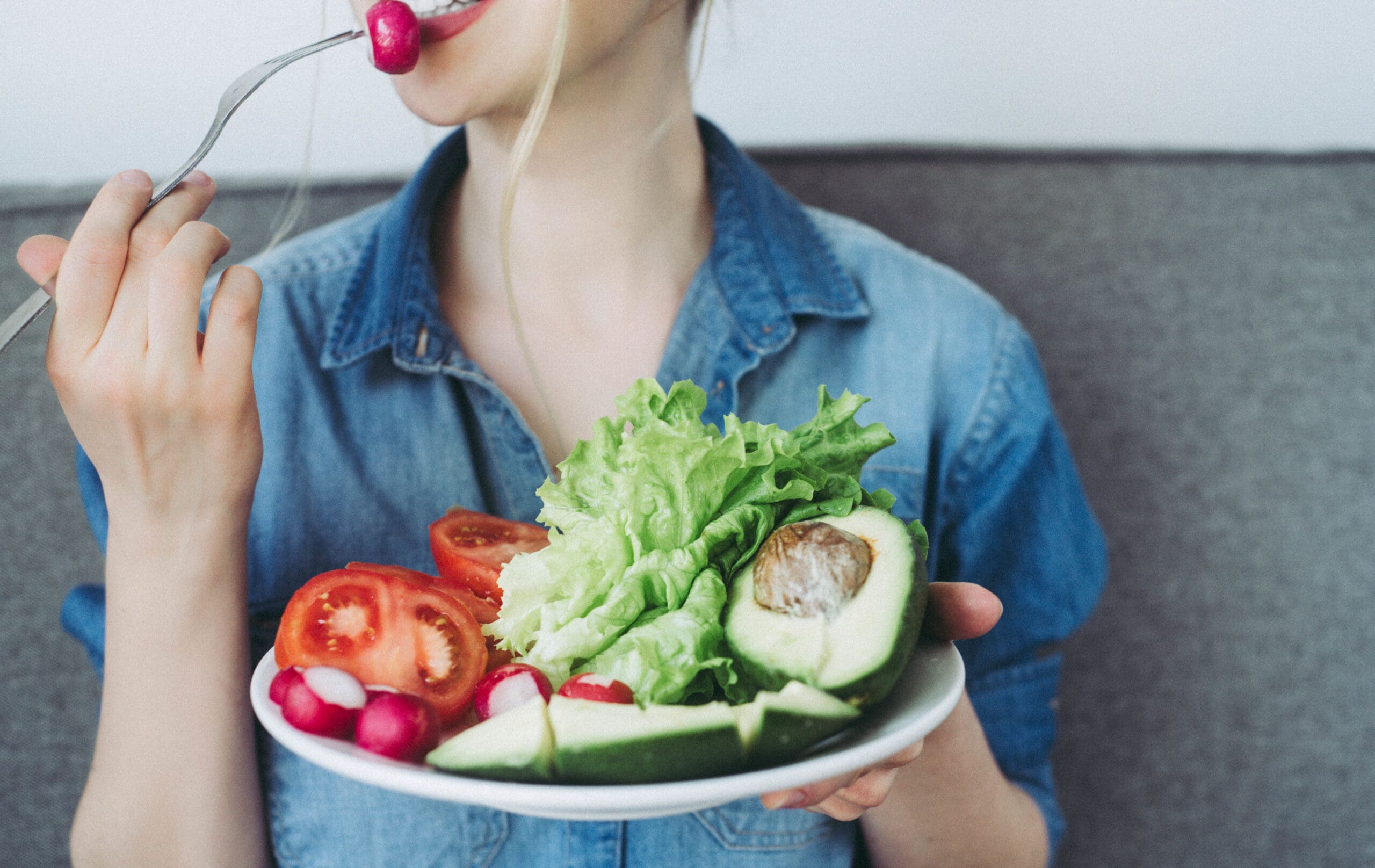Whilst acne has been linked to family genetics, new studies now show diet is a contributing factor of acne prone skin irritations.
We chat with Dr Douglas Grose, President of the Cosmetic Physicians College of Australasia on how changing your diet can affectively cure your acne.
Acne is a disease in the hair follicle of the skin. When the hair follicle blocks up, it prevents the release of natural sebum from the pore causing it to swell and become infected. This often results in redness, infectious spreading and even scaring on the skin.
Often associated with genetics, unhealthy lifestyles or bad skin conditions often stemmed from lifestyle, new research is showing acne may also be the result of a bad diet; in particular a high-carb diet.
In a test case study with one of his patients, Dr Grose treated a 34-year old female who was suffering for more than seventeen years with serious skin and health conditions. After only four months of following a strict medical plan, which involved a new diet plan of little to no carbs and a diet of fresh fruits and vegetables, his patients skin cleared up. Four years later, her skin is still clear.
Dermatologists have discussed in length over the years, the impact a high-carb, high-dairy and red-meat diet can have on the body and the aggravation t can cause for acne prone skin. So, it comes as no surprise more health professionals, like Dr Grose are discovering that in most cases, many people can treat their acne naturally with diet.
And in 2018, when most supermarkets are filling their shelves with high carb ready foods promoting false health and wellbeing for people on the go and with little time to prepare good quality fresh food, acne is now affecting more and more people every day; young and old.
“Any food that typically comes from grains such as bread, pasta, cereals, biscuits and cake as well as animal-based milk products are to be avoided for acne-prone skin.
High carbohydrates stimulate production of a hormone called insulin growth factor one and also cause problems with testosterone levels in the bloodstream. The combination of the two stimulates the oil glands and also tends to make the skin thicken up causing blockage and hence, acne.
By minimising carbohydrates and animal-based milk products; or having none at all, there are also additional treatment options which help in fighting acne or keeping it away.”
Topical skincare products, LED light therapy, Laser, Microdermabrasions, chemical peels and AHA/BHA masks all help in keeping the pores open and clear of bacteria; which helps the skin to heal and prevent any acne from forming.
If you’re suffering from acne, before making any major life changes with your diet you should always seek medical advice from a professional like a specialist dermatologist.
For topical treatment, Dr Grose recommends the following:
- Cleanse gently in the morning and use a mild exfoliating scrub at night.
- Use a non-comedogenic sunscreen to avoid aggravating the acne.
- Use mineral powder based or breathable makeup.
- Night time treatment may consist of Benzoyl peroxide and cosmeceutical skincare products that include a mix of salicylic acid and glycolic acid to unclog pores. Retinoids are also good for helping reduce the appearance of acne.



